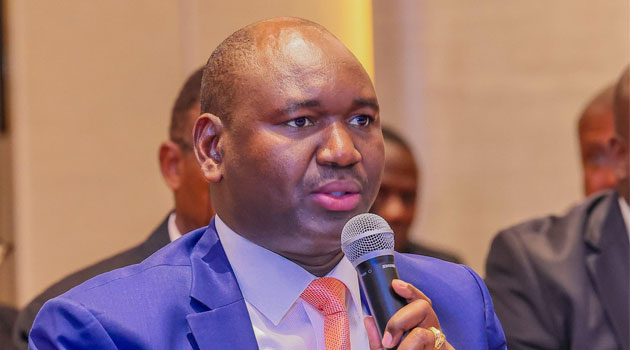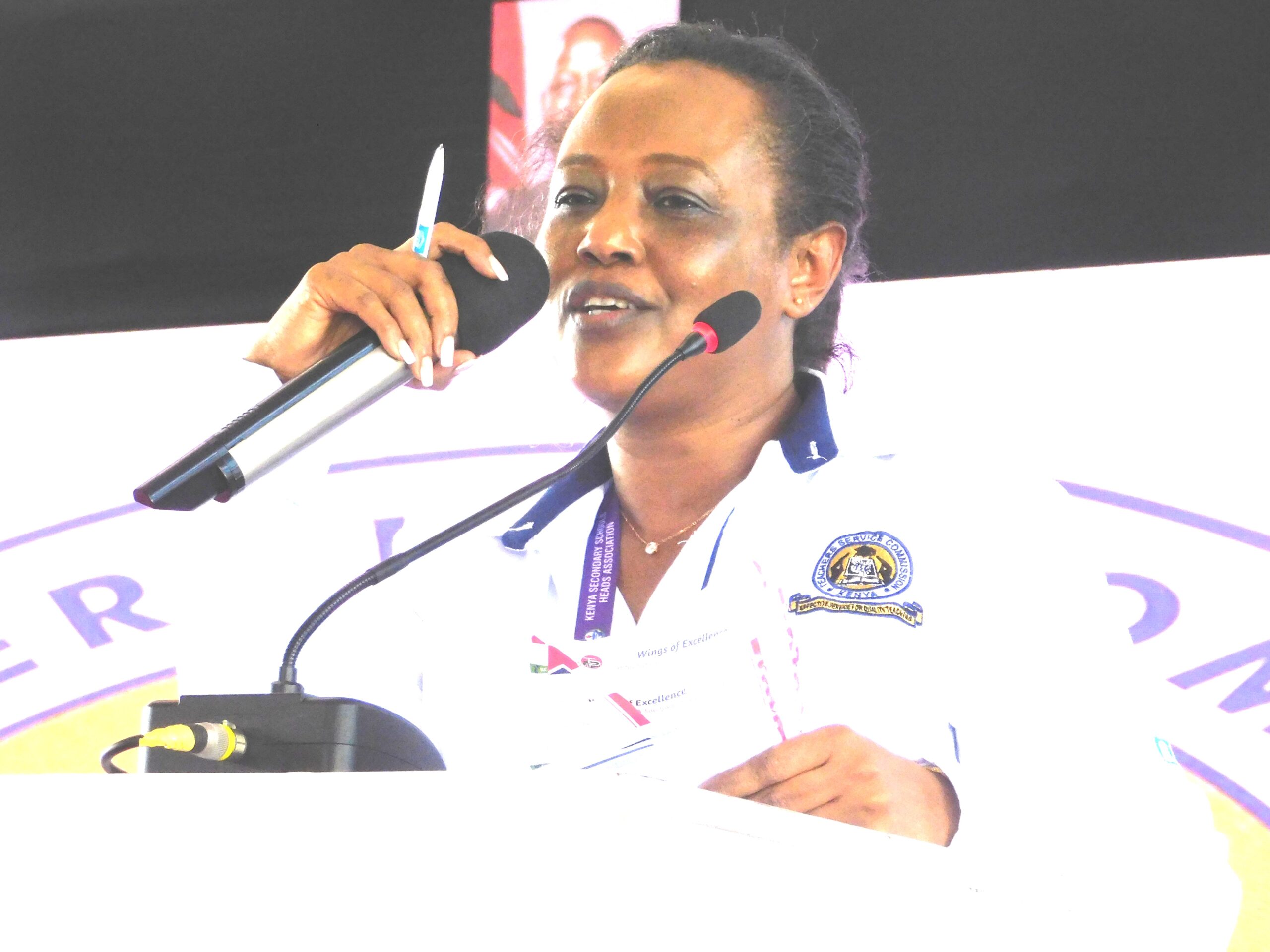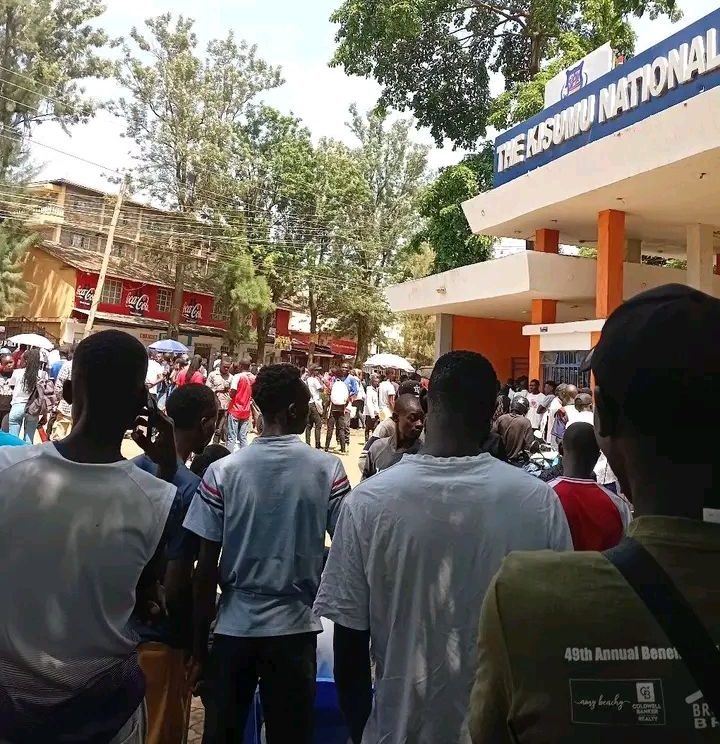By Amoto Ndiewo
The phrase ‘bag of witchcraft ’could make your heart beat faster; send a chill down your spine or make you gasping in sheer curiosity.
Beware! In Kilifi such bags could be too loaded to make your son refuse to attend school. In this coastal county, incidents of folks, especially the aged, being killed for suspected involvement in witchcraft aren’t uncommon.
This is so because the belief in occultism in Kilifi is so deep-rooted; often repeated appeals by the government and other concerned parties falling on the deaf ear.
Bamba area, for instance, is a place where meaningful education is yet to take root off. A survey by Education News reveals that many children in the area hardly acquire education.
‘’It isn’t for their own liking; the environment doesn’t allow it,’’ says a female teacher, requesting to remain anonymous.
She adds that poor infrastructure, less access to water points, long dry biting drought, early marriage of girls and child labour are some of the factors accompanying claims of witchcraft being barriers on the education pathway in Kilifi.
In a candid chat with Mzee Kalume Kenga, 68, he claims poverty is responsible for many children from the area into illiteracy and non-school attendance.
‘’Those who enrol in schools do so at tender age but many end up dropping out later,’’ he says.
The sexagenarian further notes that girls are the major victims, with most dropping out to get married to fellow teens or older men who falsely believe such tender ages ignite their sexuality.
‘’Besides, the area also witnesses cases of children ‘receiving the call,’ to drop out of school and became traditional healers by inheritance,’’ explained Mzee Kenya.
The lacklustre enrolment and attendance in the area, notes Mzee Kenga, notwithstanding free primary and secondary education and school feeding program, continue to confine school enrolment at rock bottom.
‘’If the introduction of such freebies isn’t benefiting us, I wonder how bad the situation could have been had the government charged a levies, given our poverty rate, ’’ poses Mzee Kenga, noting that in Ganze children face additional challenges like spending the better part of their time helping with household chores.
‘’That means by the time they are ready for school their bodies are already burnt out,’’ said George Chengo, 34, who is a person living with disability but is an education enthusiast.
A Form Four leaver, Chengo notes that most children especially boys end up as herdsmen despite the dwindling number of livestock occasioned by the biting drought and diseases cropping in as a result.
‘’Ironically other boys end up being charcoal burners thus further diminishing the declining forest cover and starve the few remaining herbivores,’’ lamented Chengo.
He argues that despite introduction, School Feeding Programme (SFP) hasn’t attracted more learners to school. Chengo explains lack of water makes it more difficult for meals to be prepared in school.
‘’Adding insult to injury the bone biting poverty can’t allow many parents to foot the bill of buying water from long distances to enable cooking of SFP, ’’ regretted Chengo, who says though some are struggling to take their children to school understaffing has resulted in Board of Management employing teachers which they can hardly pay in the respective institutions .
Confiding to Education News, Patrick Karisa says 100 per cent transition policy to secondary school too is also a pipedream in Kilifi.
‘’It sits at below 50 per cent despite government’s pressure and insistence from other stakeholders to have all and sundry enrol in form one,’’ Karissa said.
Karissa blames most parents’ un-opaqueness and reluctance to discuss sex matters with their children, leaving young girls at the mercy of marauding lasses ready to pounce.’’
Further to that, Karissa accuses the Kilifi elite of shying away from bring role models at home.
‘’We haven’t enough teachers, leave alone doctors and lawyers,” he laments. Decrying the harsh economic and learning conditions afflicting the county, Karissa says the local community can overcome many odds and prosper, adding the local political leadership had the moral responsibility to assist bright students to universities and other institutions of higher learning.





